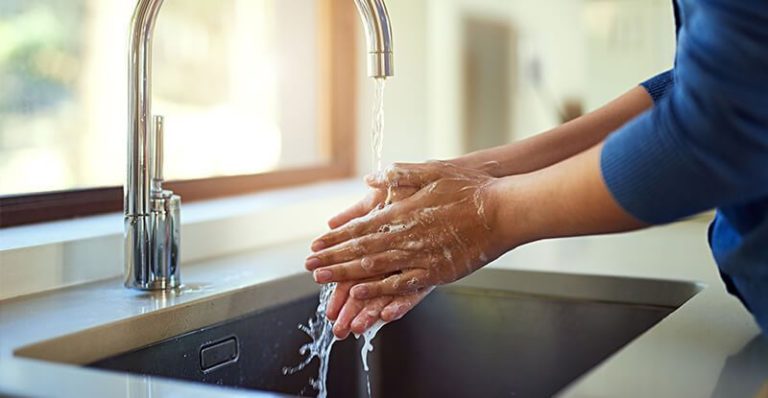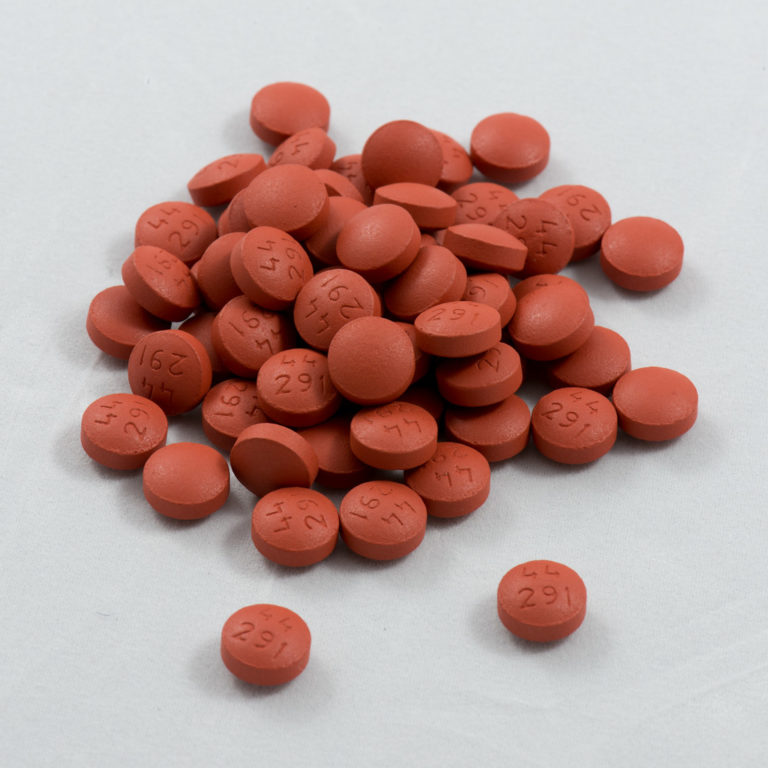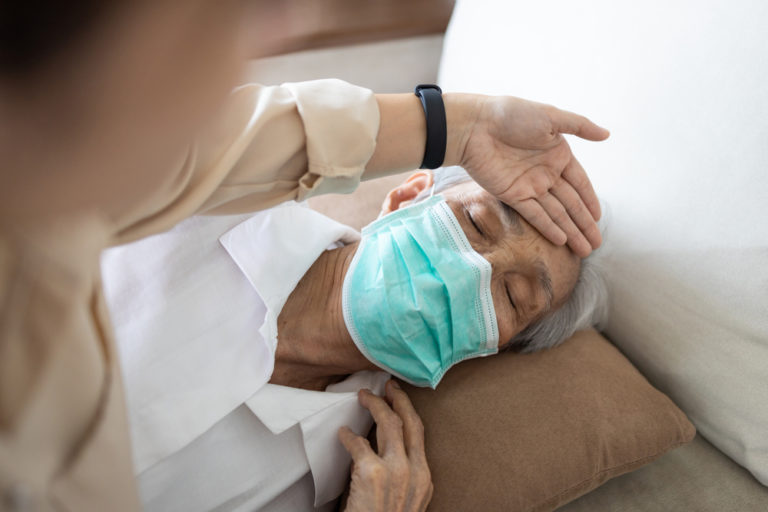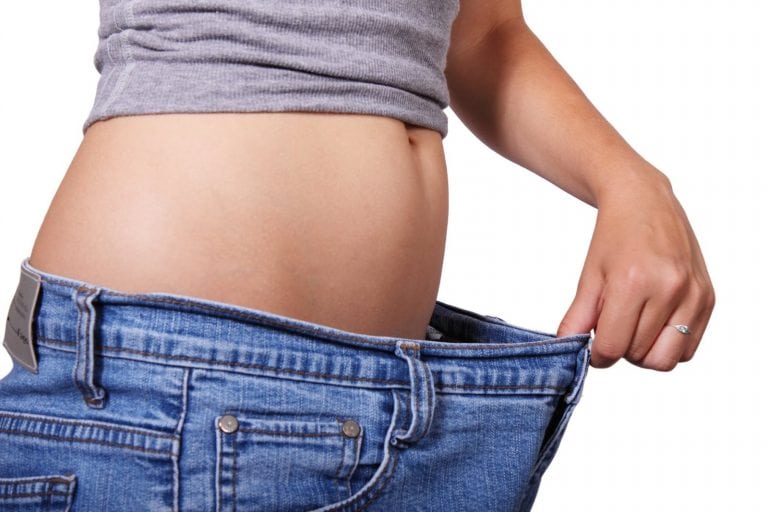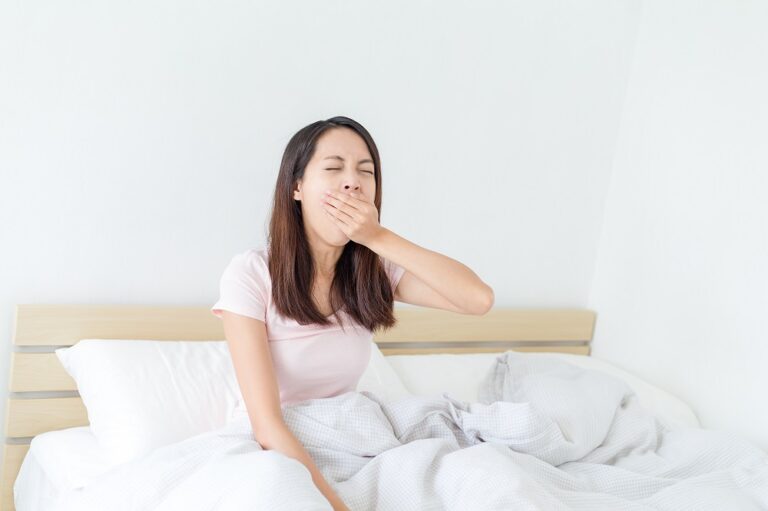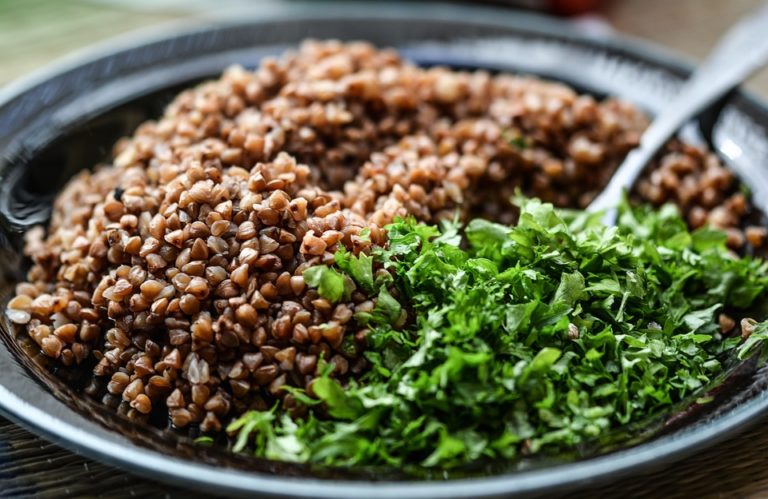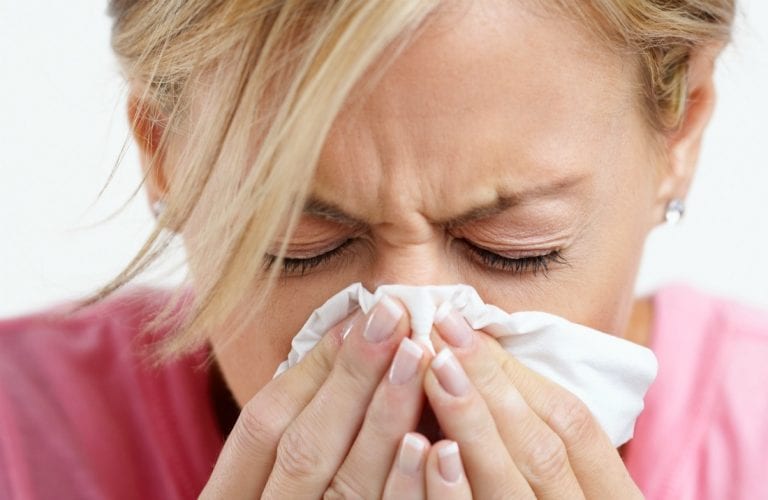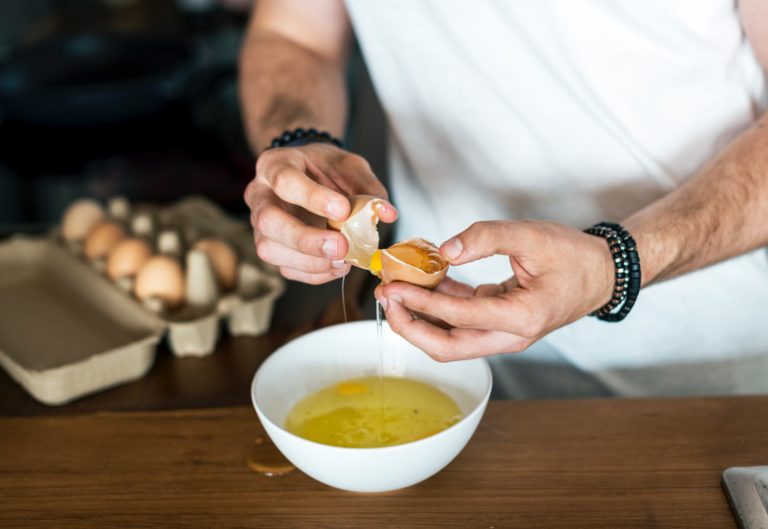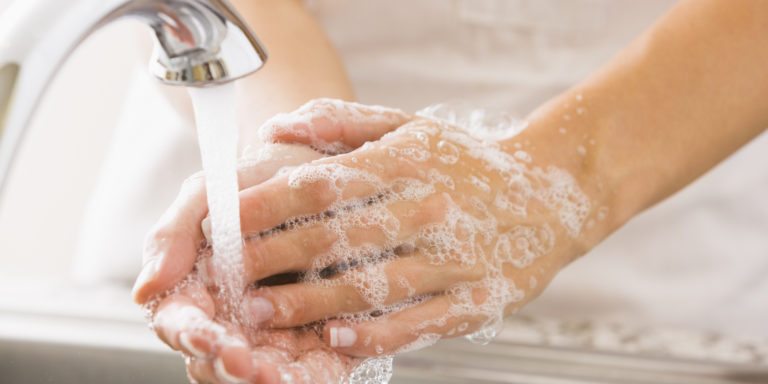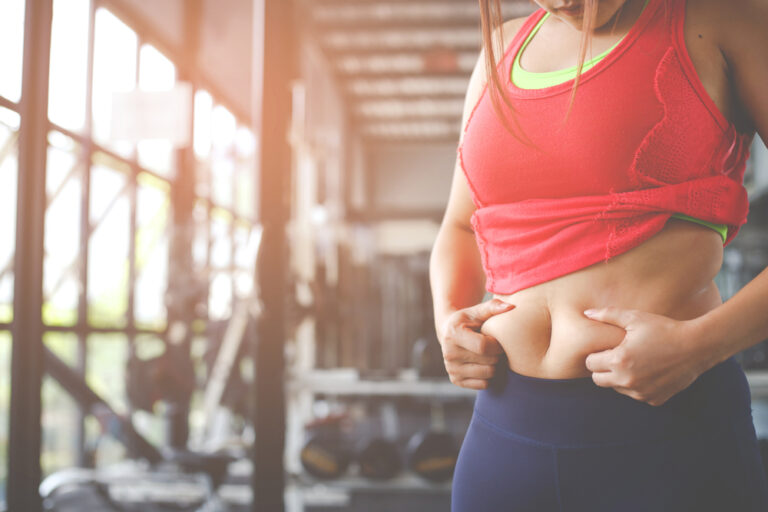
Improper handwashing can leave you susceptible to germs. Make sure you’re not making these mistakes.
You don’t wash long enough
A recent Michigan State University study found that 95 percent of people don’t wash hands long enough to effectively kill germs—that’s 20 seconds of scrubbing with soap and water, according to the Centers for Disease Control and Prevention.
“We tell kids and adults to sing the ‘Happy Birthday’ song twice,” says Roshini Raj, MD, attending physician at NYU Medical Center. The average hand-washing time was only about six seconds, the MSU study found. What’s more, 15 percent of men and 7 percent of women didn’t wash their hands at all after using the restroom.
You skip nooks and crannies
If you just rub soap between your palms, rinse, and call it a day, your hands are probably still dirty. “Germs love to hide under fingernails and in the pockets between fingers, so you should scrub these areas every time you wash,” says Dr. Raj. Be sure to scrub vigorously to work up a good lather—friction is key to eliminate dirt, grease, and microbes from the skin.
You don’t dry thoroughly
The most diligent handwashing techniques are worthless if you skimp on drying. Germs love to breed in moisture, says Dr. Raj. Leaving the restroom with still-damp hands can make it easier to pick up germy microbes from the next surface you touch. If you have the choice of paper towels or air blowers, choose the paper towels.
In a study published in the journal Mayo Clinic Proceedings in 2012, researchers analyzed all hand washing studies done since 1970. The paper concluded that paper towels are superior to driers at getting hands properly dry without spattering germs or drying out skin.
If blowers are your only option, be sure to spend enough time with your hands under the blowing air until they’re completely dry, even if it takes a while.
You wash only after using the bathroom
Anytime you touch a public surface—elevator buttons, a doorknob, the ATM, or a subway pole—you’re at risk for picking up germs or bacteria. “Most people know to wash after going to the bathroom, but you should wash periodically throughout the entire day, especially during cold and flu season,” says Dr. Raj.
For times when it’s not convenient to get to a sink, stash a bottle of hand sanitizer in your bag or desk drawer. A sanitizer with alcohol content of at least 60 percent is effective at killing many types of germs, says the CDC.
You assume you have to use hot water
Soap and hot water is one tip from Mom you can safely ignore. Dr. Raj says that despite widespread belief that you need hot water to kill hand germs, lukewarm or even cold water will do the job just as well. (In fact, they’re actually better for your skin because they’re less drying).
A recent study by researchers at Vanderbilt University in Tennessee found that cold water reduced levels of bacteria just as well as hot water, as long as hands were scrubbed, rinsed, and dried properly.
Researchers noted that while heat has been proven to kill bacteria, you’d need to use boiling water at a temp of about 212 degrees Fahrenheit to see a significantly greater reduction in pathogens.
You skip the soap and use hand sanitizer instead
Alcohol-based hand sanitizers can remove and inactivate many types of microbes effectively, but it has its limits like not being able to eliminate all types of germs or harmful chemicals, according to the CDC.
Plus, many people use hand sanitizer incorrectly from not using a large enough volume of liquid sanitizer to wiping it off before it’s had time to dry. Soap and water are your best bet for fighting off germs like norovirus and Clostridium difficile, a bacteria that can cause diarrhea or life-threatening inflammation of the colon.
You touch other surfaces immediately after washing your hands
Nothing ruins your hard-earned hand scrubbing more than touching other surfaces right after you wash them. According to a study from NSF International, the public health and safety organization, nine percent of the bathroom faucets sampled at home tested positive for the bacteria coliform.
In addition, 27 percent of the bathroom faucets carried molds and five percent had staph. Since moist surfaces are breeding grounds for germs, it’s best to turn off the tap or open the door in a public restroom with a paper towel to keep your hands clean!
You don’t rinse your bar soap before each use
One study said that pathogenic organisms may hide out on bar soap during and after use, according to the CDC. Research suggests that this bacteria is unlikely to transfer to your hands from the soap during use, but there are extra steps you can take to fully ensure that these germs don’t latch onto your hands.
“Bacteria lives quite happily in the “slime” of bar soap, but doing a few simple things will make it so the germs are of no consequence to you,” Elaine L. Larson, PhD, senior associate dean of scholarship and research and professor of epidemiology and nursing research at Columbia University’s School of Nursing, explained to the Huffington Post.
“Rinse off the bar in running water before lathering up to wash away the germy goop. And always store soap out of water (i.e. not in a wet bathtub), allowing it to dry between uses. That way, there’s no moist environment for germs to flock to in the first place.”
You think antibacterial soap is better than plain soap
There’s no need to grab the antibacterial soap off the drugstore shelf anymore. Very little evidence shows that antibacterial soap is better at preventing illness and the spread of infections better than good old-fashioned soap and water, according to the U.S. Food and Drug Administration (FDA).
In fact, the FDA issued a final rule stating that antiseptic wash products (including liquid, foam, gel hand soaps, bar soaps, and body washes) labeled “antibacterial” with ingredients like triclosan will no longer be on the market since the manufacturers haven’t proven the effectiveness or safety of using these ingredients over an extended period of time.
Some studies have shown that triclosan may make our bodies resistant antibiotics. While animal studies suggest that triclosan may alter the way some hormones work in the body, which has potential concerns for its effects on humans.
The FDA urges manufacturers to change the formulas of their products containing 19 of these other active “antibacterial” ingredients or else they’ll no longer be available to consumers.



